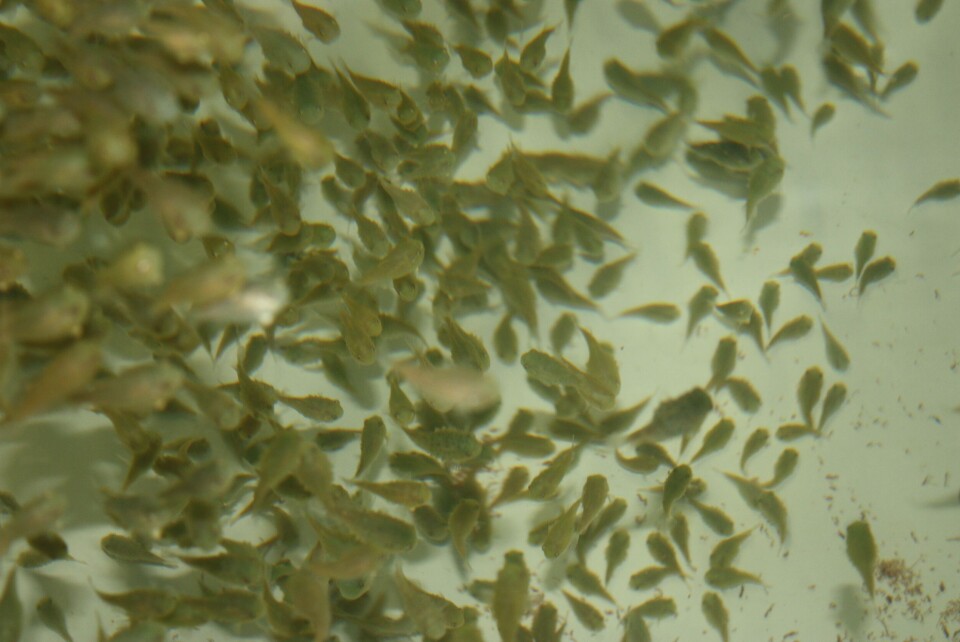
Lumpsucker PhD opportunity
Applications for a PhD studentship that involves research into securing a sustainable supply and optimal deployment of lumpsuckers for sea lice control in the Scottish salmon industry have been invited.
The project will be under the supervision of Professor Herve Migaud and Dr Andrew Davie from the Institute of Aquaculture and Alastair Barge from Otterferry Seafish Ltd, in Argyll.
Aims
The 3-year project aspires to attain three key objectives:
1.Develop the knowledge and protocols required to support lumpsucker hatcheries and juvenile production facilities, through the implementation of sustainable captive-bred broodstock management programs.
2.Develop on-farm management strategies to maximise the delousing performance of lumpsucker following cage deployment.
3.Develop tools to monitor and enhance our understanding of the lumpsucker immune system to inform the design and testing of vaccines that provide effective protection against known pathogens that are currently causing significant clinical losses in lumpsucker.
The studentship will focus on developing an independent body of research directed towards, supporting the development of a sustainable captive rearing broodstock plan as well as optimising larval and juvenile rearing methodologies. The student will be expected to describe basic reproductive traits (age to maturation, sex ratio, fecundity etc) of captive broodstocks and explore the optimisation of routine production methodologies – such as most efficient mating strategies, out of season spawning and gamete quality indicators. The project will also involve genetic work and the development/validation of genetic markers for potential selective breeding. Another key aspect will be the optimisation of feeding strategies (live feeds & enrichment protocols and feed formulation/delivery) to assure larval quality and performance within the hatchery prior to deployment.
The work will involve field investigations at Otterferry Seafish along with laboratory-based analyses in Stirling.
Training
The student will be trained in a range of topic specific techniques, such as broodstock management, egg handling and quality assessment and larval rearing techniques as well as lab techniques such as genetics & genomics, proximate composition and histological analyses and digital x-radiography as required, as well as data management & analysis and scientific writing/reporting.
Applicants
Candidates must have a First/Upper Second Class MSc in a relevant subject. It is not expected that candidates will have experience in all of the above techniques, but they will need to demonstrate the aptitude and commitment to be trained and work in both a laboratory as well as a farm environment. The applicants will be based at Otterferry Seafish but short periods of time (max 2-3 month/year) will be spent at UoS. A valid UK-approved driving licence is an essential criterion.
Applicants are encouraged to contact Professor Herve Migaud (hm7@stir.ac.uk, telephone +44 1786 467886) and/or Dr Andrew Davie (ad8@stir.ac.uk, telephone +44 1786 467988) for further details of the project.
To apply, send a covering letter and up-to-date CV to aquaculture@stir.ac.uk by 17:00 GMT on Tuesday 31th May. Candidates will then be selected and interviewed w/c 6th June. The PhD will start by September 2016 or as soon as possible thereafter.























































